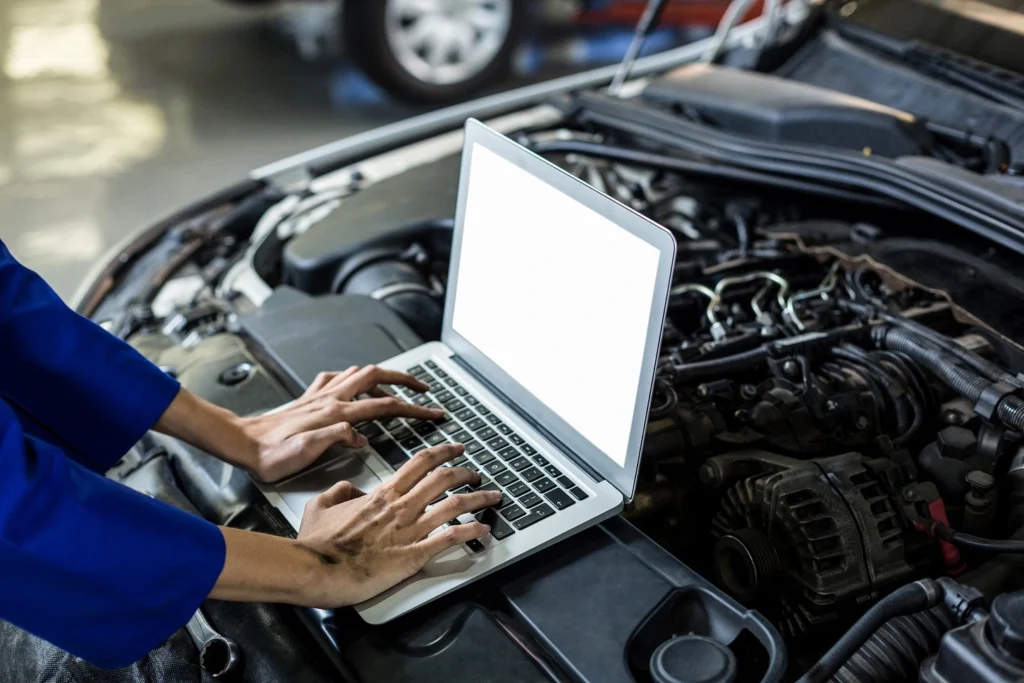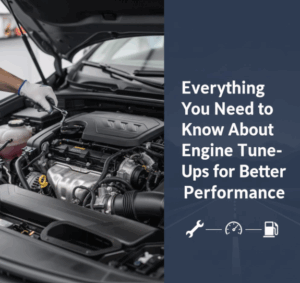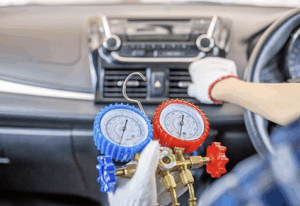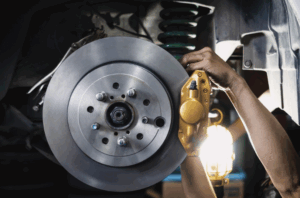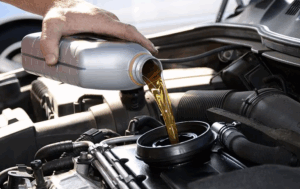A full vehicle inspection is one of the most important services for maintaining the overall health of your car. It includes an extensive inspection of the vehicle’s parts, from the engine to the axle, thereby allowing mechanics to address problems before they arise.
Either way, one is guaranteed to get complete info about the vehicle from this diagnostic check, whether its particular part is problematic or just general queries about the vehicle’s condition. Through this post, we will discuss what one should expect from a full vehicle diagnostic check and what is the need for a full vehicle diagnostic check.
Table of Contents
ToggleWhat Is A Full Vehicle Diagnostic Check?
Just like the human body, the various systems within the body of a vehicle may develop certain complications with the time. A full diagnostic check of a car allows for one to check these factors within the vehicle before they worsen. With these inspections, you can prevent unexpected part failure and maintain the car’s performance. You can simply click here to get special offers on various inspection plans by Applewood Auto Care Services, these experts are well-known for their services and been in the industry since 1989.
-
You can Prevent Expensive and Unwanted Repairs
By identifying small issues early, you can opt for quick fixes before they turn out into costly repairs such as rectifying a minor oil leak during an inspection which can help avoid serious engine damage in the future.
-
It is Recommended For Safety Purposes
A range of tests is performed on significant systems, such as brakes, the engine, and airbags, which are of utmost importance for safety. This refers to performing regular checkup on your vehicle with the aim of addressing possible safety concerns in advance so as to avert any threatening circumstances.
-
Make Some Enhancements
Through the undergoing of an extensive diagnostic, the most likely concerns that affect the fuel usage or power engine capacity is resolved. Hence, if all maintenance work is followed with accuracy, your vehicle will work smoothly and efficiently.
What Happens During a Full Vehicle Diagnostic Check?
A comprehensive mechanical or computerized diagnostics usually carried out by a mechanic follows bringing the car for a complete diagnostic check. Here’s an order of activities to be performed in a mechanical workshop:
-
Computer Diagnostic Tools
Comprehensive diagnostic analysis includes diagnosing a vehicle’s on-board computer modules that control the engine, transmission, and electrical systems in the vehicle. The car will be hooked up to a diagnostic scanner that will retrieve the codes. Such was recorded prior to conducting the diagnostics.
Read Trouble Codes: Every car comes with a built-in diagnostic tool that scans the car and gets the intended codes. Some of these codes let you know what is wrong with your car, such as installation of engine codes, installation of transmission codes or installation of exhaust system codes – misfire technicalities, staging errors, or emission faults respectively.
Clearing Codes: These codes can be stored in a locating site after nearly all of them have been gathered as the procedure demands so as to examine the possibility of a persistent issue for certain faults. Some codes can be temporary as a result of certain small mistakes made, environmental issues or other external factors. Whereas more severe problems could be indicated by other codes.
2. Visual and Manual Inspection
As part of the computerized scanning procedure, a mechanic will also physically be in charge of checking your vehicle for damage or wear and tear. Such interventions may involve the use of:
Engine Inspection: There may be engine inspection for oil leaks and abnormal sounds from the engine as well as checking for worn-out engine parts. The mechanic will inspect the belts, hoses and fluids to ensure their operational integrity. To fix any engine issue with precision and care, you must always consult top-quality engine services.
Brake and Suspension Check: The brakes and suspension systems of your automobile are vital safety features. The inspection will look into the presence of worn out brake pads, or ruptured rotors as well as ruptured suspension systems which may compromise the handling of the vehicle.
Battery and Electrical System Check: The alternative current system encompasses the battery, the alternator and the starter and it is important for the proper functioning of the car. The battery will be checked for its health while the mechanic will make sure there are no faults in the electric wiring.
Last but not least, the performance of a comprehensive vehicle diagnostic check is of utmost importance for preventive measures of car failure and safety of the owner.





